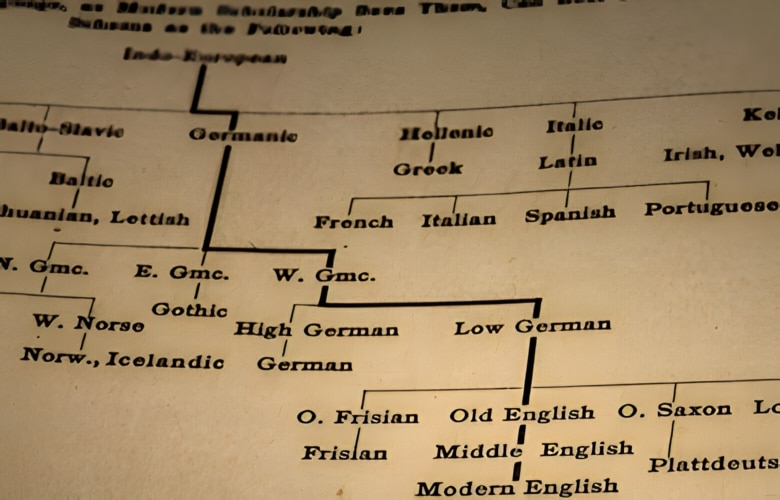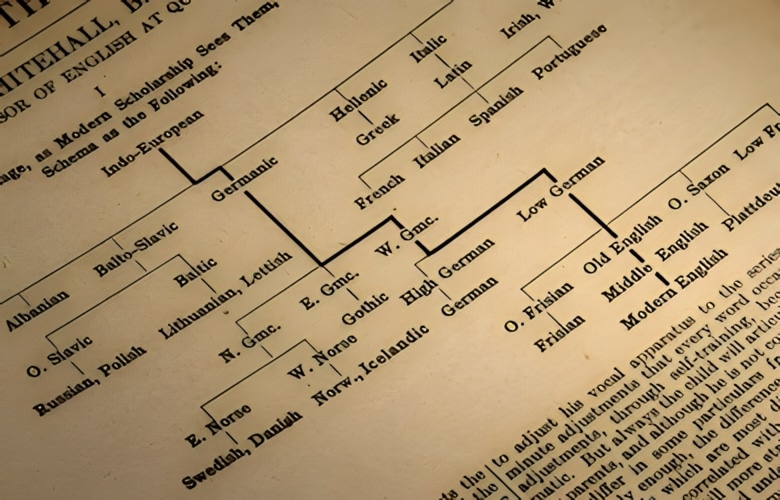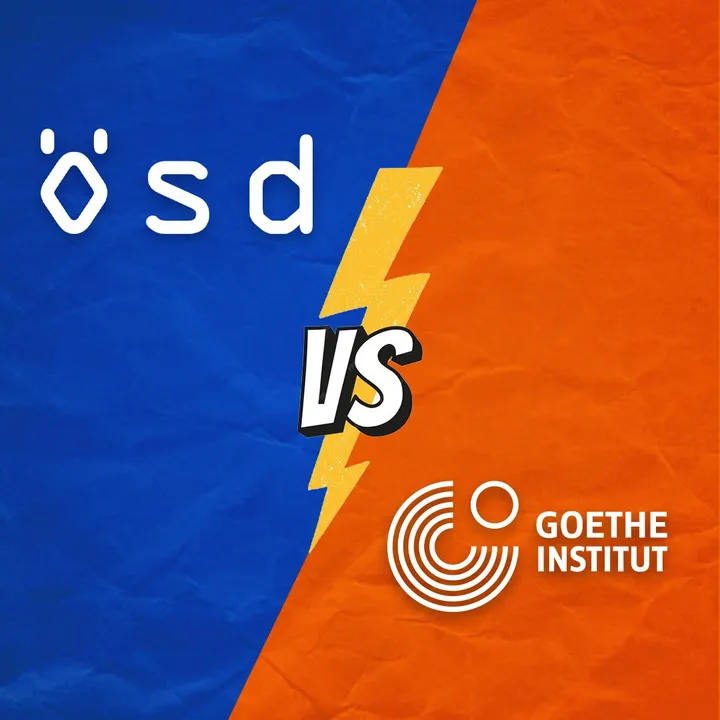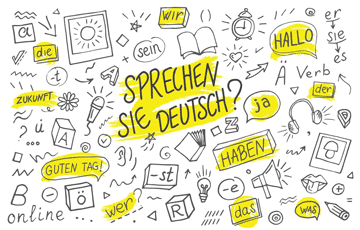Table of Contents
The German language, with over 100 million speakers, stands as the most spoken language in the European Union. Its complex grammar and vast vocabulary contribute to its uniqueness. Journey with us through the captivating centuries-old history of the German language, exploring its roots, transformations, and the birth of its newest letter.
Types Of German Language
Proto-Germanic Language – A Whisper in Time
German Language odyssey begins around 3,000 years ago, between 1000 and 450 BCE, with the First Germanic Sound Shift in the Indo-European proto-language. While written records are scarce, the early Germanic tribes left behind enigmatic runes. Bishop Ulfilas later created the first written Germanic language in the 4th century when he translated the Bible into Gothic, preserving snippets of the ancient language.
Atta unsar, þu in himinam – Germanic Tribes’ Writing and the Roman Influence
As the Romans stepped onto the scene in 55 BCE, they brought with them Latin concepts that enriched the Germanic vocabulary. The Germanic language, however, was a tapestry of dialects, each with its nuances.
Old High German – The Echoes of Migration
The Second Germanic Consonant Shift around 600 CE marked a turning point, giving rise to Old High German. This shift sculpted the pronunciation, laying the foundation for distinct dialects. The term “Deutsch” made its debut, signifying the Germanic-speaking locals of the Franconian Empire. The linguistic landscape was evolving.
Herzeliebez Vrouwelin – Middle High German and the Flourishing Middle Ages
The High Middle Ages witnessed economic, cultural, and political changes, shaping Middle High German. Renowned epics like the Nibelungenlied and Tristan emerged, while poets like Walther von der Vogelweide contributed to the evolution of the language. Umlaut diacritical marks and shifts in pronunciation paved the way for a more recognizable German.

Early New High German – A Cultural Renaissance
The 16th century brought Early New High German, a period of significant cultural changes. Martin Luther’s Bible translation enriched the language with new creations. The printing press played a pivotal role, fostering the development of inter-regional standard languages. Borrowed words from Latin infiltrated the language, aligning with the growing Humanist movement.
A Unified Written Language – New High German Emerges
By the 16th century, the southern and central German dialects coalesced into New High German. Standardization efforts resulted in a unified written language. While the northern German dialects remained distinct, Dutch, a sibling in the Middle Ages, evolved into a separate language in the 16th century.
German as a National Language – 19th and 20th Centuries
The 19th century marked a period of political unification, leading to the need for a standardized language. Konrad Duden‘s Orthographic Dictionary in 1880 provided a framework that persisted until the spelling reform of 1996. The industrial revolution brought technical terms, and the 20th century introduced borrowed words from English and societal changes.
German Today – Diverse and Dynamic
Unlike English, French, or Spanish, German never became a global language, but its complexity is a testament to its rich history. Dialects persist, and regional variations abound. The language is in a constant state of flux, with new additions like the capital “Eszett” (ẞ), introduced in 2017, reflecting the evolving linguistic landscape.
The Living Tapestry of German
As we trace the riveting history of the German language, we witness its evolution from the whispers of Proto-Germanic to the vibrancy of contemporary German. The complexities of its grammar and the diversity of its dialects add layers to this linguistic tapestry. German is not just a language; it’s a living testament to the cultural, historical, and societal changes that have shaped it over millennia.






